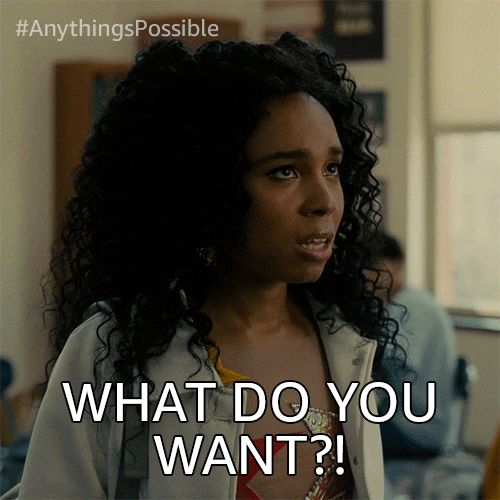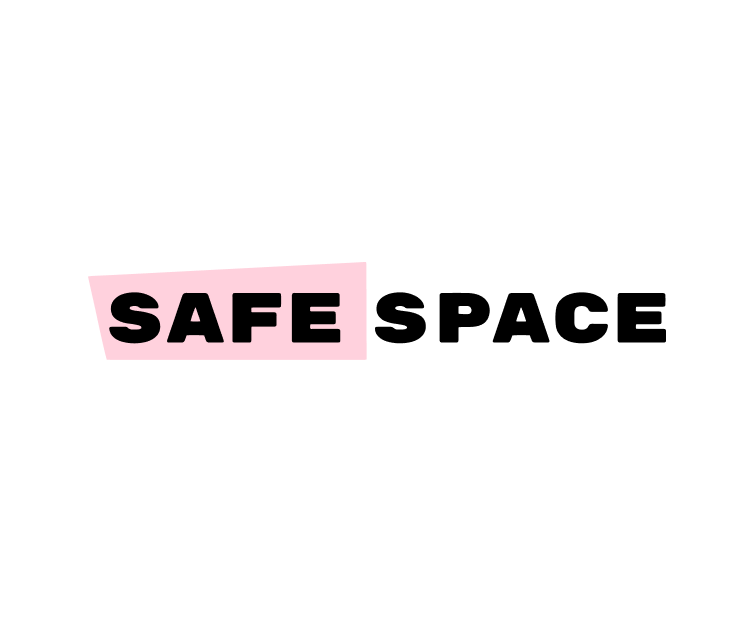
^live footage of me every time I get a work email…
I want to talk about the longest relationship I’ve ever had.
Spoiler alert: it’s not a romantic one.
It’s my relationship with work! Did you know that the average person spends 90,000 hours at work OR about ⅓ of their life? That’s such a long time.
Over the last few years my relationship with work has changed.
As has your employees.
And it’s not just because of a pandemic, there are a lot of reasons why what employees want from their employer (and de facto their HR team) is changing!
Four reasons why what employees want could be changing:
- Generational differences. There are 5 generations currently in the workplace. And each generation has a different lived experience, perspective, and beliefs. Millennials and Gen Z have been embracing things like work-life balance, sense of purpose at work, and flexibility vs other generations that valued financial stability. This infographic is amazing at showing the differences.
BTW: I appreciate the hell out of Gen Z for normalizing that hustle culture can be toxic.
- Innovation in technology. From dialup to wifi on planes we no longer need to be at home to be connected to the rest of the world. If you didn’t experience dialup, you don’t know about the struggles we faced!!! Advancements in tech have enabled employees to have greater control over their work arrangements. We’ve seen the shift in employees seeking more autonomy over their work and flexibility over where they work.
Prime example: The RTO debate feels like a tug of war between employees <> employers!
Let’s not forget the elephant in the room. How AI is going to impact work. Will it replace certain knowledge workers, automate our tasks or even redefine what we consider productive? Possibly. This topic deserves its own newsletter, coming soon!
- Changing work dynamics. Work doesn’t feel as hierarchical as it once did. Now, work feels much more collaborative and agile. Employees want to be involved in decision making processes and share their thoughts on almost everything. You know you’ve been there! This shift is in part because our views on hierarchy may be changing.
Fun fact: An individual’s view on politics, religion, and culture informs their attitude towards hierarchy. Interesting to note that the importance of religion has been declining over the last decade.
Think about what you know about your employee base. How would they react to hierarchy?
- Continuous learning. Younger generations have placed a stronger emphasis on learning and continuous development. In part because with the advancement of technology knowledge is at everyone’s fingertips and now knowledge about skills, careers and development is now accessible to everyone.
Taking these reasons into consideration, it’s no surprise that what employees want is radically changing.
The bottom line: when what employees want changes, HR has to also change.
That makes our jobs just a tiny bit more complicated. We have to anticipate and accommodate for these changes in order to keep our employees engaged and retained.
JOIN 130K+ HR LEADERS
Get insights, learnings, and advice on how to build companies and cultures that people actually love.
No spam. Unsubscribe any time.
What can HR do?

What we’ve always done may no longer be working.
Is work ripe for a revolution?
Hell yeah!
Here are 3 tips for handling the changing needs of employees:
- Be open to adapting. Easier said than done I know, but when was the last time you stopped to ask yourself is this still working? Every process and every policy should be reviewed on a yearly basis, at minimum, to find out if it’s still relevant for your organization!
Pro-tip: Instead of waiting to review things after every process or initiative you launch, do a retrospective after! That way you get fresh feedback. Try asking yourself AND your team the following questions:
What went well?
What were some challenges?
How did employees respond?
What would I do differently next time?
Knowing this about every process, initiative or program you launch is SO powerful.
Feel free to let go of we’ve always done it this way.
- Invest in learning & development. If your employees aren’t learning, they’re leaving. Learning isn’t just HR’s job but we are the group that enables and facilitates learning.
The possibilities are endless when building a learning culture, it doesn’t have to be a formal thing HR does. Learning can be anything from informal sessions about topics, to specific deep dives on technical skills and yes of course our favorite manager training. Don’t over index on one group of employees, try to find a middle ground where everyone is getting learning opportunities. Here are 20 tips to help guide you on this journey!
BTW: building a learning culture is a competitive advantage for any organization!
- Ask employees what they want. Do it, I dare you! So often we build solutions in a silo without asking ourselves, would our employees even want this?
If it feels like you’re pulling teeth to get them to do something, stop and ask yourself and the employees why? That process probably needs a revamp. Cough performance management cough.
Surveys are helpful but not the end all be all. Try listening to your employees. Ask them in conversations what they want! Better yet, make your managers ask and report back to you what the general vibes are.
Don’t forget…

Balancing all the changing sentiments about work and your current workload can be very overwhelming.
It may feel like everything, everywhere all at once!
But it doesn’t have to be like that.
This is where planning comes into play!
When deciding where to focus your energy, think about what will make the biggest impact for your employees.
It is okay to say: we are not doing that project/initiative/program at this time.
If you’re working with leaders who won’t accept that, try discussing the tradeoffs.
For example: I can do that, but then XYZ will have to be dropped.
HR teams are experiencing a high level of burnout with everything we are trying to tackle at once.
Let’s reset our expectations and try to just do a few things really well, rather than doing everything all at once.
You got this.


